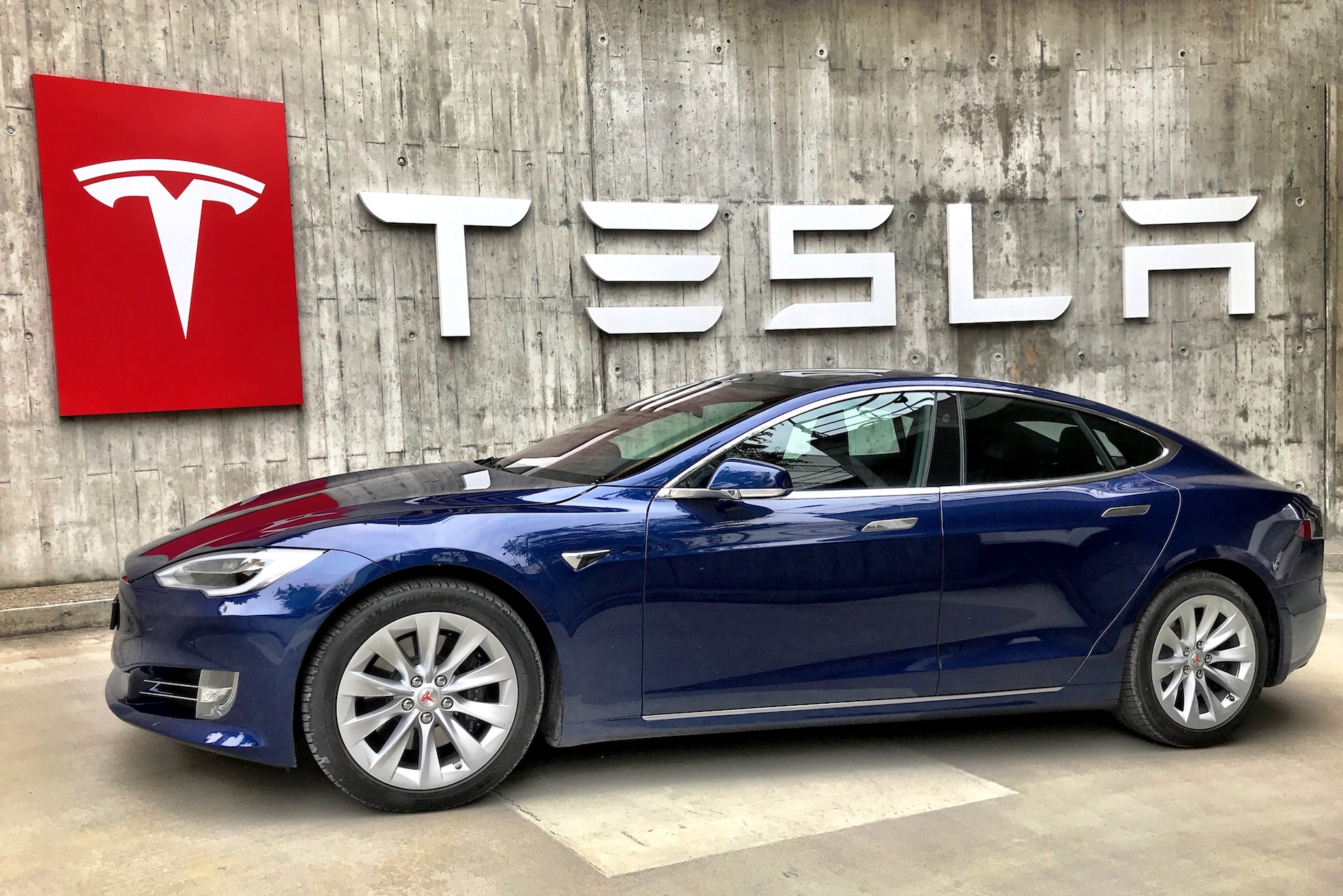Volkswagen, the German automaker, has announced that it will be selling its Russian shares and factory to a local investor, as part of a strategic shift to focus on electric and autonomous vehicles. The move is seen as a surprising decision that could redefine alliances in the automotive industry.
The deal, which is expected to be completed by the end of the year, will see Volkswagen sell its production facility in Kaluga, as well as its stake in the Russian engine manufacturer, GAZ Group. The buyer is a consortium led by the Russian businessman, Mikhail Gutseriev, who is the founder of the oil company, Russneft.
The sale of Volkswagen’s Russian shares and factory is part of a broader strategic shift for the company, as it seeks to invest heavily in electric and autonomous vehicles. Volkswagen has set a goal of becoming the world’s leading electric vehicle manufacturer by 2025, and has already invested billions of dollars in developing new electric models and building out its charging infrastructure.
By selling its Russian shares and factory, Volkswagen will be able to focus more resources on its electric and autonomous vehicle programs, which are seen as the future of the automotive industry. The move is also expected to help Volkswagen improve its profitability, as the Russian market has been struggling in recent years due to economic sanctions and a weak ruble.
However, the sale of Volkswagen’s Russian shares and factory to a local investor is a surprising decision that could redefine alliances in the automotive industry. Volkswagen has traditionally been seen as a global player, with a strong presence in many countries around the world. By selling its Russian shares and factory to a local investor, Volkswagen is signaling a shift towards localization and a focus on specific markets.
The move could also have implications for other global automakers, who may now be more inclined to sell their shares and factories to local investors in order to focus on specific markets. This could lead to a fragmentation of the global automotive industry, with more companies focusing on specific regions rather than trying to be global players.
For the Russian automotive industry, the sale of Volkswagen’s shares and factory is seen as a positive development. The industry has been struggling in recent years, due to a combination of economic sanctions, a weak ruble, and a decline in oil prices. However, with the sale of Volkswagen’s shares and factory to a local investor, there is hope that the industry will be able to rebound and attract more foreign investment.
In conclusion, Volkswagen’s decision to sell its Russian shares and factory to a local investor is a surprising decision that could redefine alliances in the automotive industry. By focusing more resources on electric and autonomous vehicles, Volkswagen is positioning itself for a promising future in the rapidly evolving automotive industry. And for the Russian automotive industry, the sale of Volkswagen’s shares and factory is a much-needed boost, which could help to attract more foreign investment and create new opportunities for local automakers. However, only time will tell if this move will pay off for both Volkswagen and the Russian automotive industry.











